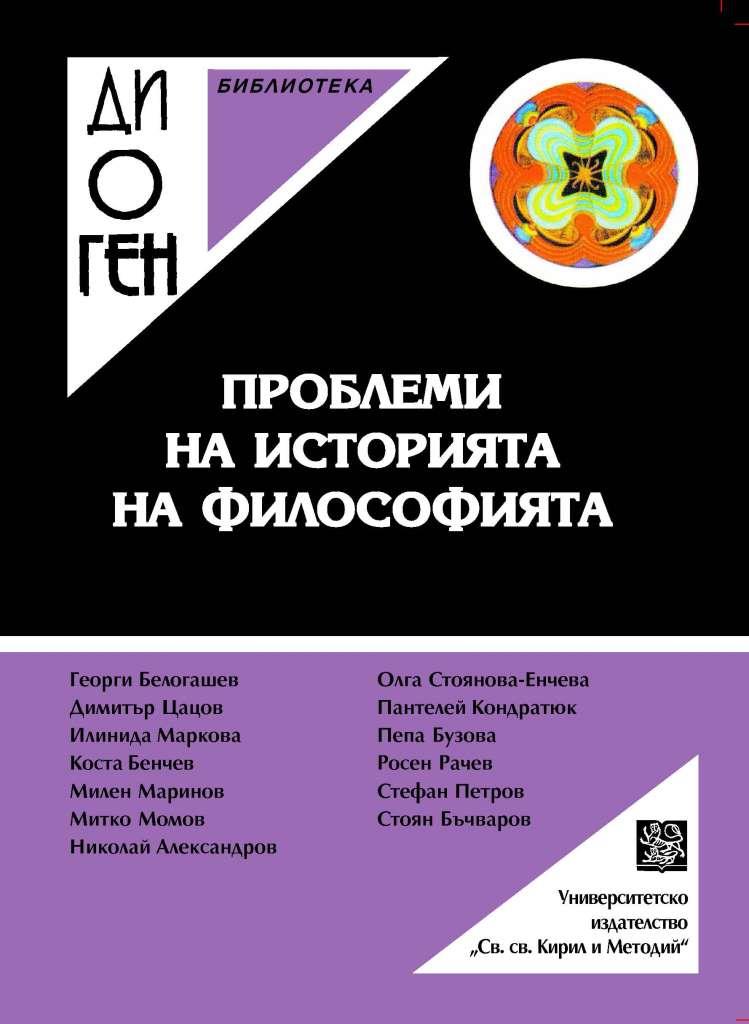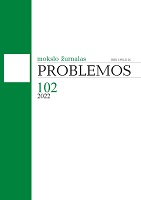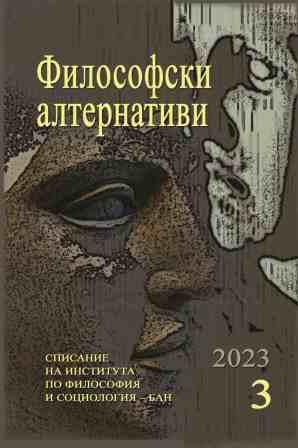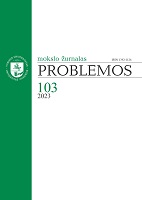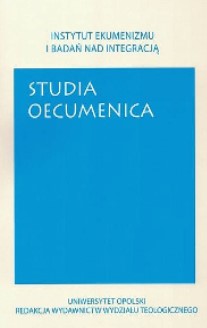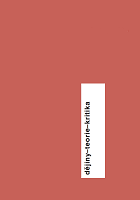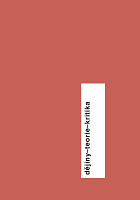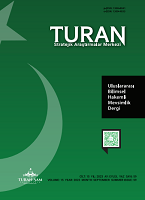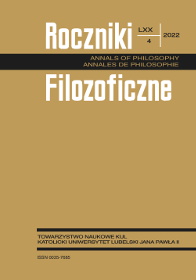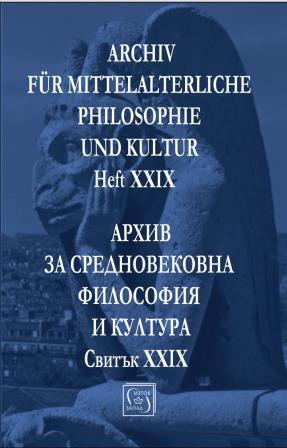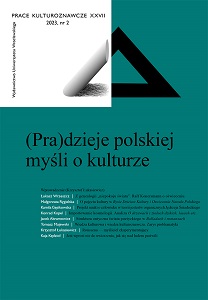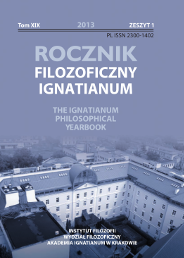
Ateistyczne nurty filozofii Oświecenia. Wpływ skrajnego materializmu i racjonalizmu
This paper presents the development of the basic ideas of the European enlightenment. e philosophy of the enlightenment focused on rationalism and empirical materialism. These concepts had emerged from philosophical atheism. Human reason was brought to the fore, as a new basis for ethical, ontological and epistemological authority. We can find sources for these ideas in the philosophy of Cartesian and Spinozistic rationalism, and in the empiricism and mechanism of English and French philosophy.
More...
